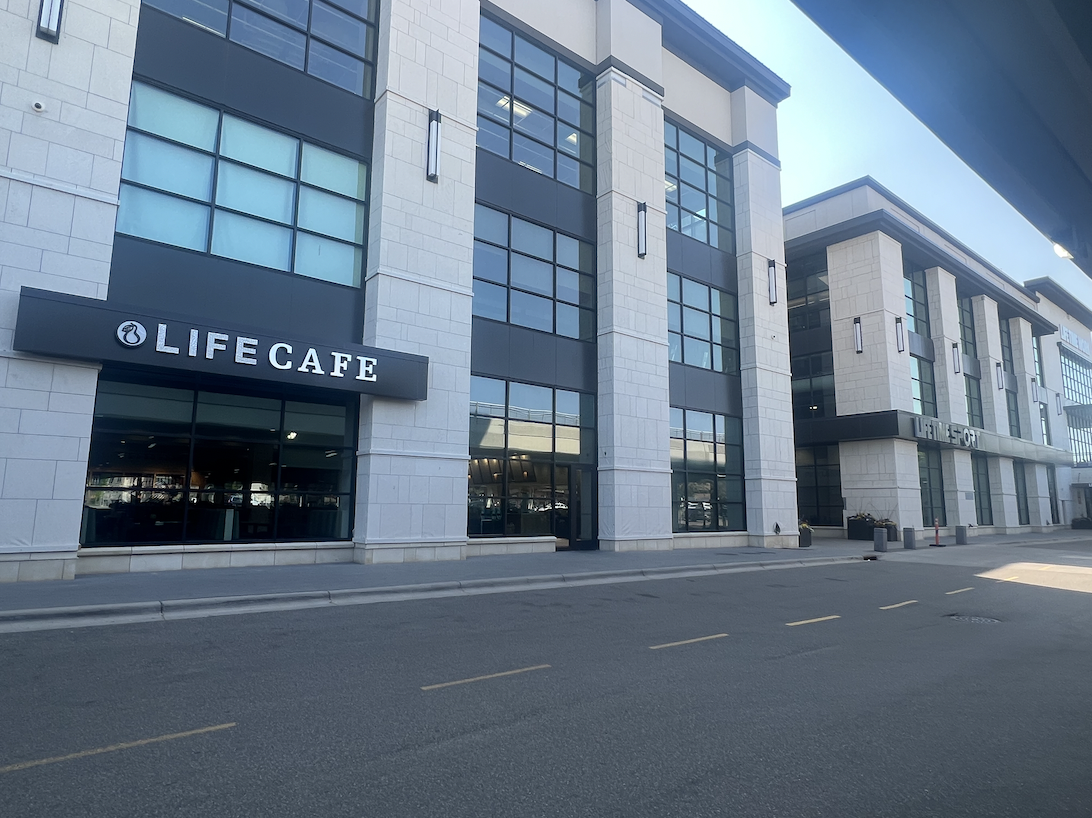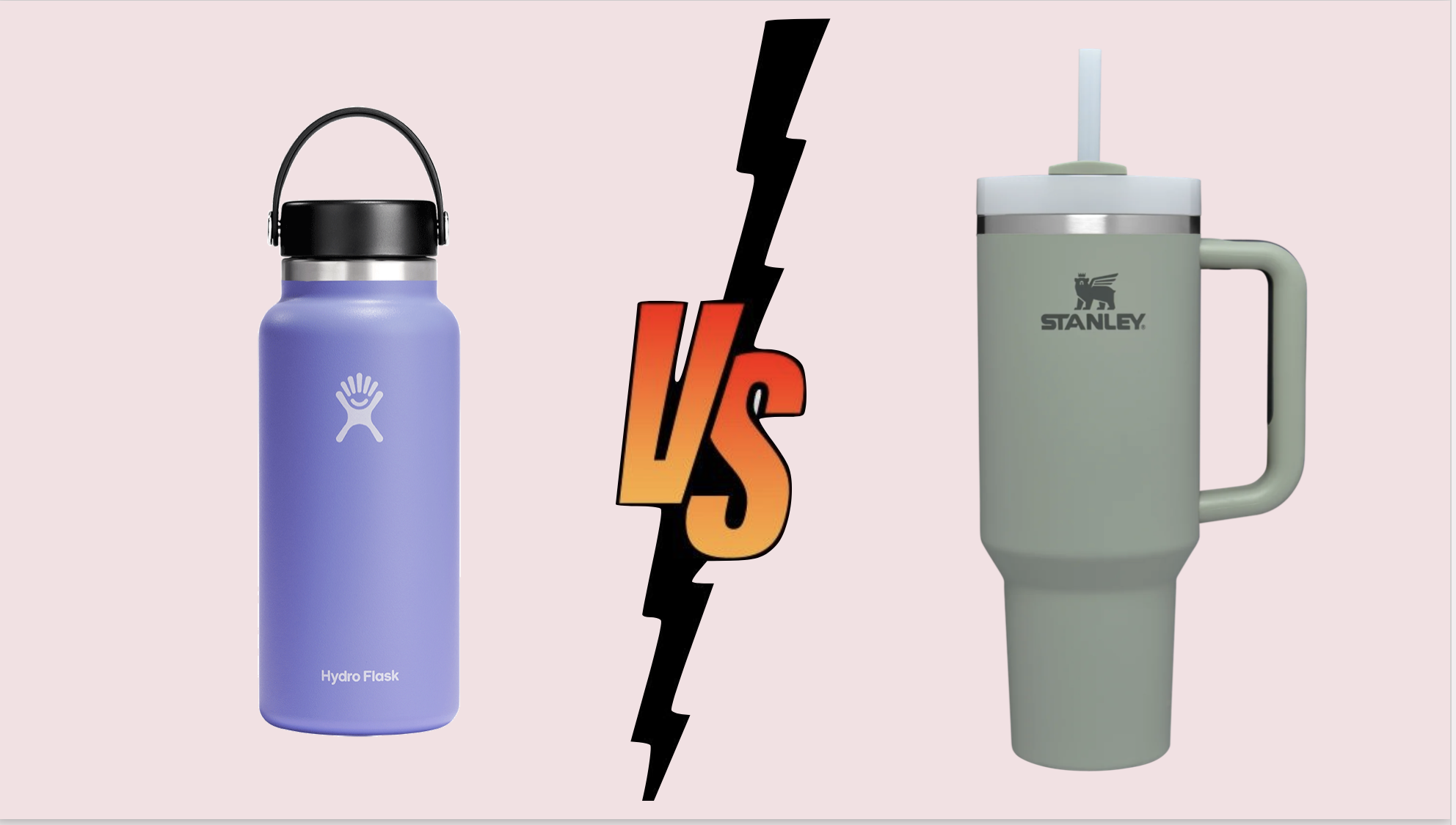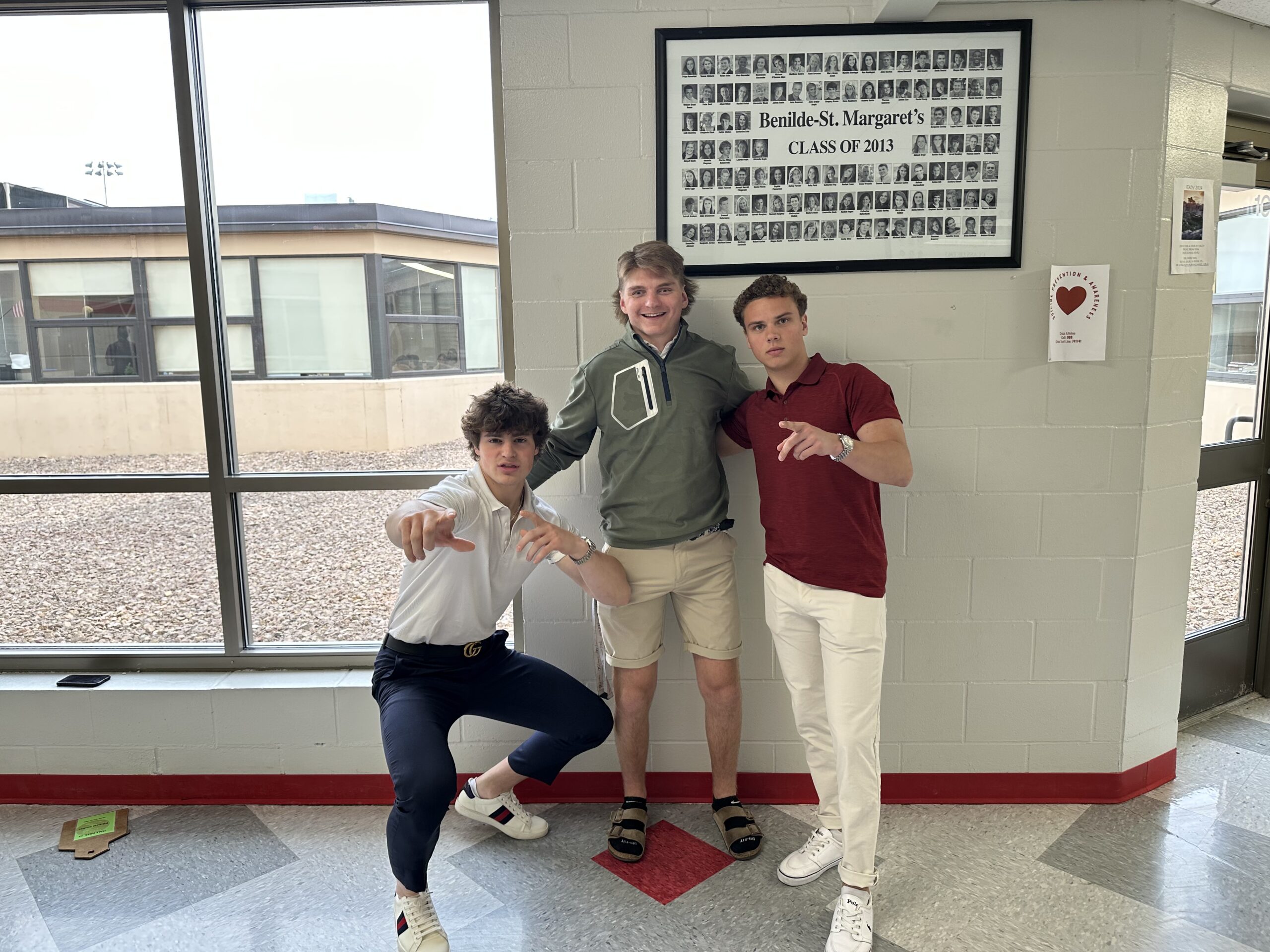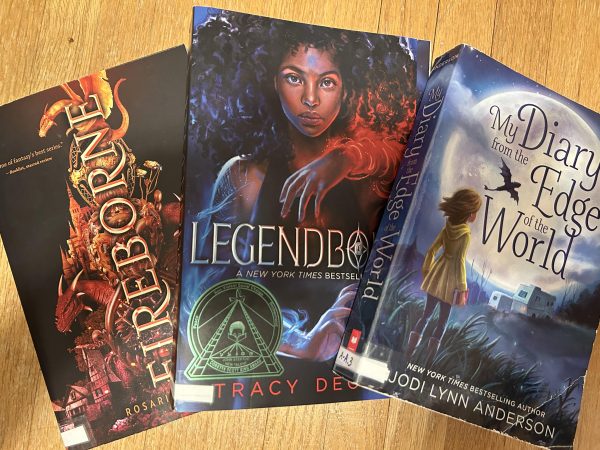The deeper, darker meaning of “Kung Fu Panda 2”
May 1, 2020
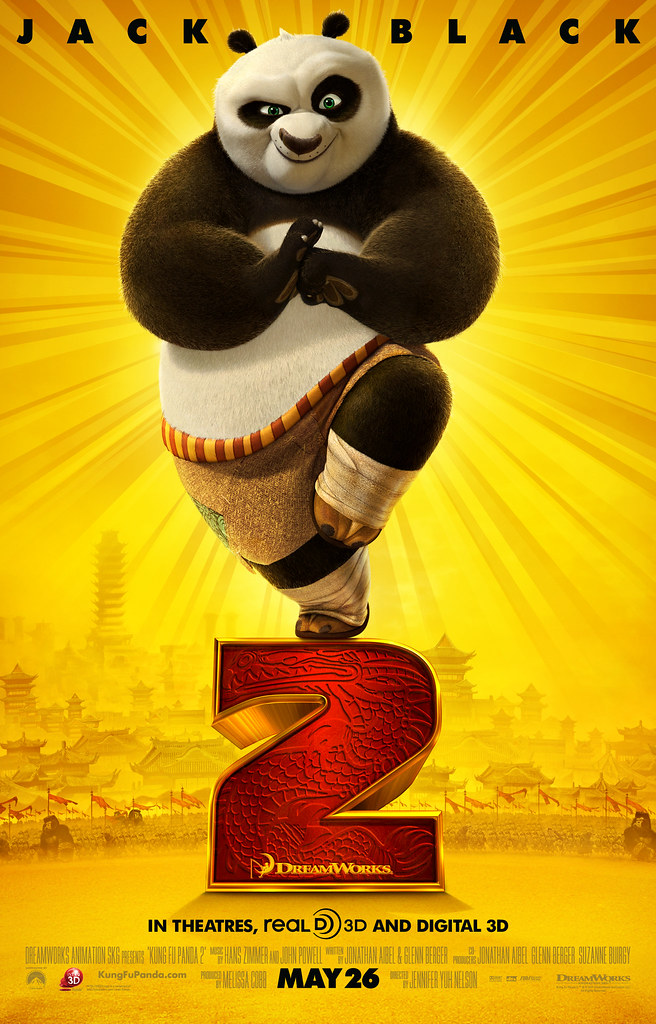
Kung Fu Panda 2 was released on May 26, 2011
While many animated children’s movies contain subtle adult humor and mature themes, Dream Work’s 2011 sequel Kung Fu Panda 2 takes this idea to the extreme. At first watch, the movie seems to be about dragon warrior and absolute unit Po, voiced by Jack Black, avenging the death of his parents and saving kung fu from the evil Peacock, Lord Shen who spends the movie trying to use his new machine to take over China. However, with basic knowledge of Chinese history and a semester of AP Human Geography (thanks to Mrs. Vroman), it is clear that the movie glazes over ethnic cleansing and genocide, as well as the first attempted industrialization of China.
Now, accusing a children’s movie featuring a genocide is a pretty serious accusation, but the facts line up. At the beginning of the movie, Po learns his father actually found him in a basket of radishes and is not his biological father. The panda struggles with this idea for the majority of the movie, believing that his parents did not want him. This idea is further solidified when Lord Shen tells him Po’s parents did, in fact, abandon him. However, after Po is hit by one of Lord Shen’s machines, he wakes up in a familiar place he can’t seem to remember with an old goat that knows the truth about his family. She encourages Po to let go and remember his past. The panda starts piecing together the early years of his life. The movie then goes into a sequence that shows wolves showing up and raiding the panda village, including some relatively graphic scenes of pandas lying on the ground. The camera flashes back to Po’s face to show his emotions change as he envisions his mother running into the forest with the young dragon warrior in an attempt to protect him as his father stays back to fight off the wolves. The sequence ends with his mother hiding him in a basket of radishes and running in the opposite direction to save her son.
Accusing a children’s movie of featuring a genocide is a pretty serious accusation, but the facts line up.
— Claudia Scherer
When the camera pans back to Po, he has a horrified and melancholy look on his face as he realizes Lord Shen was the one who sent the order to kill not only his parents but all pandas. The goat (or sheep, maybe, who knows) then tells Po about her prophecy that Lord Shen would be stopped by a panda, prompting him to order the ethnic cleansing/ genocide of all pandas in China. Lord Shen’s orders also give off a Greek Tragedy vibe, as the peacock is overtaken by hubris and tries to change the prophecy. Similar to many Greek plays, Lord Shen’s hubris and attempt to defeat a prophecy eventually leads to his demise as Po’s knowledge of what happened to his parents motivates him to find his inner peace in the final battle with Lord Shen as he stands on a floating piece of wood in the river, using his inner peace and kung fu magic to deflect the flaming balls of metal the peacock throws at him and eventually manages to catch them and throw them back.
The use of the machines as a means to stop kung fu and take over China is also similar to the first time China attempted to industrialize back in the mid-1800s. Like in actual Chinese history, the machine loses and tradition prevails. However, China did eventually industrialize, leading fans of the Kung Fu Panda franchise to wonder if there will be a third movie about the successful industrial revolution in the 1950s and how our hero and dragon warrior will deal with the fate of China.














































